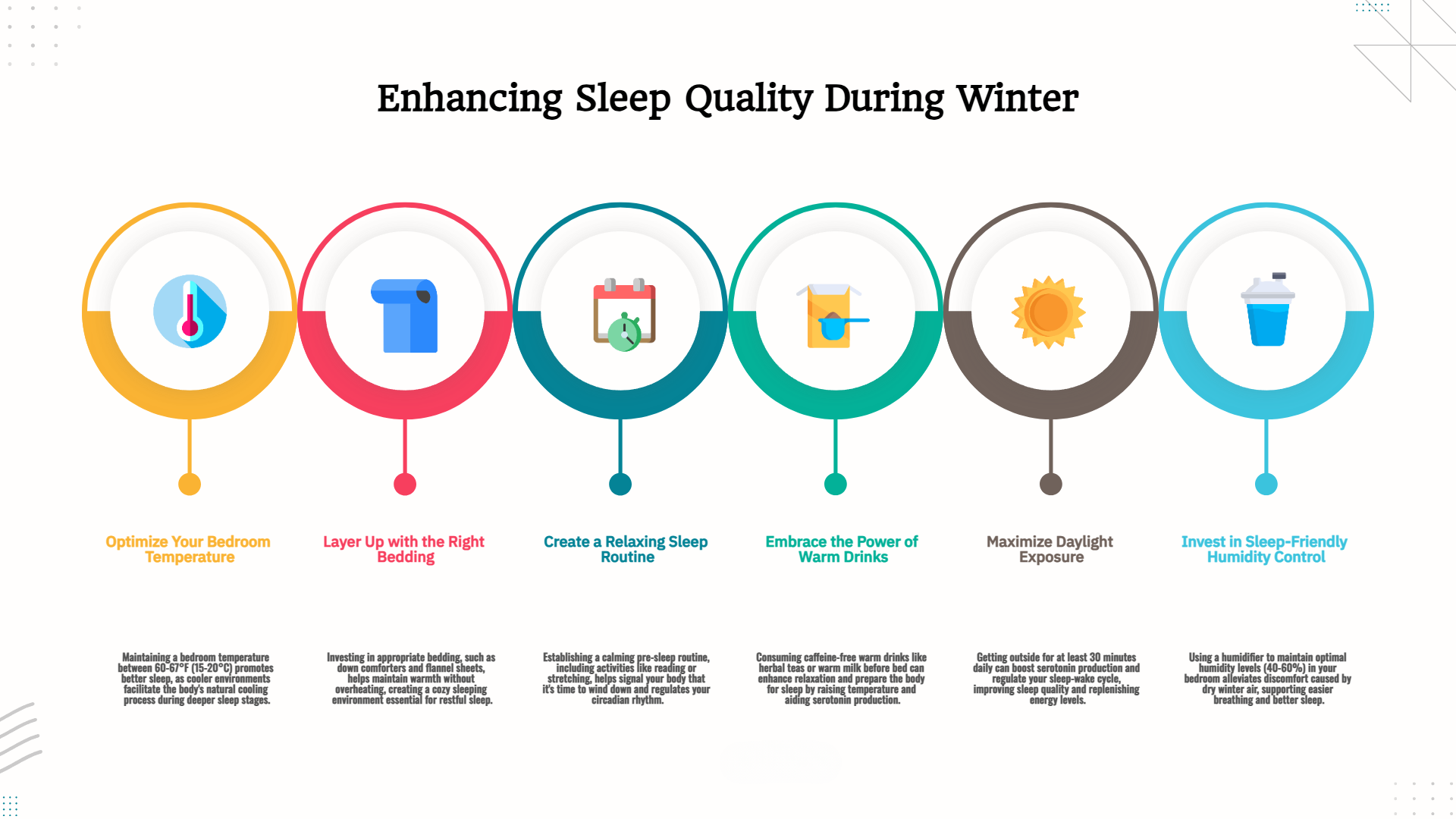
Did you know 70% of your immune system resides in your gut? While probiotics dominate gut health conversations, research shows they’re just one piece of the puzzle. For those who can’t tolerate supplements or prefer holistic approaches, these proven, probiotic-free methods can heal your gut lining, balance bacteria, and boost digestion—naturally.
Why Gut Health Thrives Beyond Probiotics 🔬
The Limits of Probiotic Supplements
- Strain specificity: Many supplements lack strains proven to colonize your unique gut.
- Temporary fixes: Probiotics don’t always address root causes like diet or stress.
- Side effects: Some experience bloating or histamine reactions.
Benefits of a Probiotic-Free Approach
- 🌿 Targets underlying issues (e.g., inflammation, dysbiosis).
- 💰 Cost-effective (focuses on whole foods and habits).
- 🔄 Encourages your native microbiome to thrive.
7 Proven Ways to Heal Your Gut Naturally 🛠️
1. Fuel with Prebiotic-Rich Foods
What to eat:
- Vegetables: Garlic, onions, asparagus, leeks.
- Fruits: Apples (with skin), bananas, berries.
- Grains: Oats, barley, flaxseeds.
Why it works: Prebiotics feed beneficial bacteria, increasing short-chain fatty acids (SCFAs) like butyrate—linked to a 40% lower colon cancer risk.
2. Embrace Polyphenol Powerhouses
Top sources:
- Dark chocolate (70%+ cocoa).
- Green tea (matcha has 137x more polyphenols than regular green tea).
- Extra virgin olive oil.
Science: Polyphenols reduce harmful bacteria (e.g., C. difficile) while boosting Akkermansia, a mucus-loving gut bug.
3. Chew Like Your Life Depends on It
- Goal: 20–30 chews per bite.
- Benefits: Saliva releases digestive enzymes; smaller food particles ease gut strain.
- Try: Put your fork down between bites to slow down.
4. Cycle Stress with Mind-Body Practices
- Daily 10-minute routine:
- Diaphragmatic breathing (4-4-6 method).
- Yoga poses (child’s pose, legs-up-the-wall).
- Why: Chronic stress erodes gut lining—linked to leaky gut syndrome.
5. Fast Strategically
- 12–14 hour overnight fast: Aligns with circadian rhythm for optimal digestion.
- Avoid: Fasting if you have a history of eating disorders or hypoglycemia.
Study: Intermittent fasting increases microbial diversity by 30% in 4 weeks.
6. Ditch Inflammatory Triggers
- Top offenders:
- Industrial seed oils (soybean, corn).
- Added sugars (sucrose, high-fructose corn syrup).
- Processed meats (nitrates disrupt gut bacteria).
Swap: Use avocado oil for cooking; sweeten with mashed dates.
7. Harness Heat Therapy
- Sauna sessions: 20 minutes at 160°F, 3x weekly.
- Benefits: Heat shock proteins repair gut lining; sweating expels toxins.
3 Common Mistakes That Harm Gut Health 🚫
Mistake 1: Overloading Fiber Too Fast
- Fix: Gradually increase fiber by 5g daily to avoid gas/bloating.
Mistake 2: Ignoring Sleep Quality
- Gut-brain link: Poor sleep raises cortisol, disrupting gut motility. Aim for 7–9 hours.
Mistake 3: Over-Sanitizing Your Environment
- Hygiene hypothesis: Excessive use of antibacterial products kills beneficial microbes.
FAQs: Your Gut Health Questions Answered ❓
“Can I repair leaky gut without probiotics?”
Yes! Focus on bone broth (rich in collagen), zinc-rich foods (pumpkin seeds), and L-glutamine supplements.
“How long until I see improvements?”
Digestive symptoms (bloating, gas) may ease in 2–3 weeks; full gut lining repair takes 3–6 months.
“Are fermented foods off-limits?”
Not necessarily—try small amounts of sauerkraut or kimchi if tolerated (they contain natural probiotics but aren’t supplements).
Final Takeaway: Your Gut Is a Garden 🌻
Nurturing gut health without probiotics isn’t about restriction—it’s about creating an environment where your native microbiome flourishes. Start with one strategy (like adding daily prebiotics) and build consistency.
Your next step: Swap one inflammatory oil (e.g., canola) for extra virgin olive oil this week.















